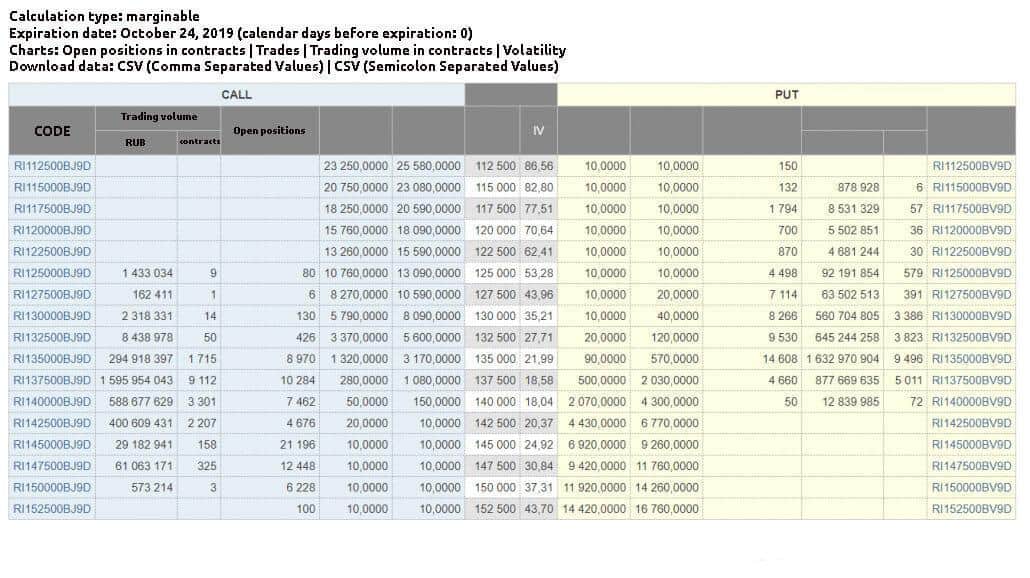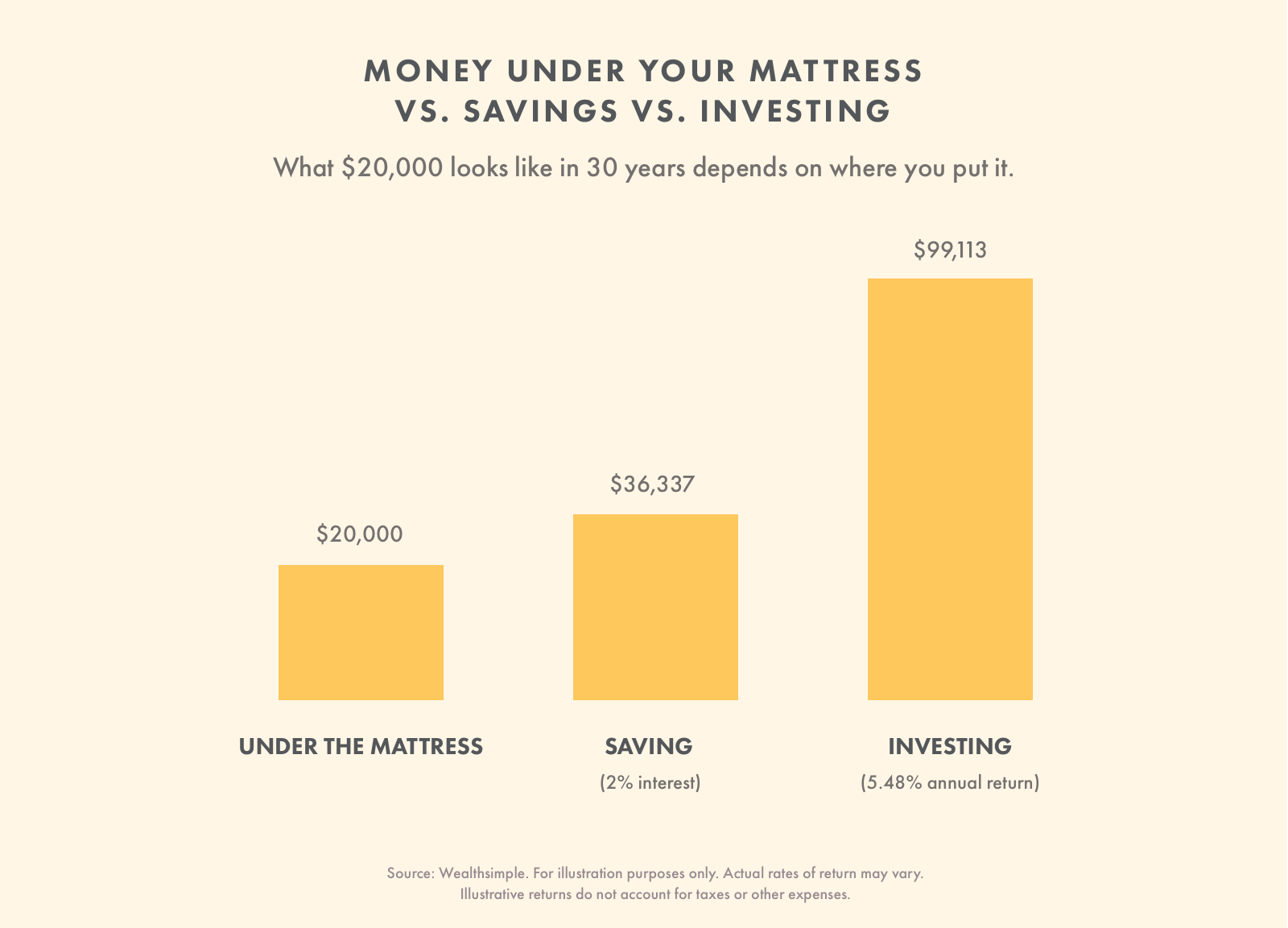
Investing in real estate funds is a simple way to diversify your portfolio. However, it can be risky and expensive. These are some of the factors to consider before you invest in real estate funds. Fund performance can be affected by factors such as industry concentration, geographic concentration, fund structure, and manager. Individual investors can follow these same principals when investing in real estate funds. An investment manager can give guidance for investors who aren't sure how to invest.
It is easy to invest your money in real estate funds
If overhead costs for real estate are low, it can be a conservative way to invest. The risk-reward ratio of low-leverage loans to urban trophy assets is comparable to that of a high-credit bond. On the other hand, highly-speculative development projects have returns similar to those of venture capital funds or small-cap equity investments. Real estate funds are a good way to increase your wealth if you're careful about how you invest your money and keep your losses in check.
Real estate funds offer many benefits, including the possibility of immediate income and long-term appreciation. Real estate funds, unlike traditional investing, don't require that you manage or own properties. Instead, you invest in shares and allow professionals to manage the investments. You purchase and sell shares in the same way as you would with any other mutual fund. Direct real-estate investing can provide tax advantages and predictable return, making it a good choice for investors seeking portfolio exposure.

It offers diversification
A fund that invests primarily in real estate usually offers higher yields than other investment options. Its high correlation coefficient with equities and bonds is helpful for assessing diversification. However, one should keep in mind that correlations between past and future markets are not always indicative of future performance. Diversification with real-estate is important. It provides protection from market fluctuations and the inherent danger of realty. But, real estate isn't a foolproof strategy. The right manager can mitigate certain risks and provide diversification.
A real estate mutual fund is more diversifiable than an REIT, which can help reduce transaction costs. Real estate mutual funds also provide professional portfolio management and research. They also provide dividend income and capital appreciation, which are both key indicators for the growth of an investment portfolio. Unlike individual real estate investments, real estate funds must distribute 90% of their taxable income. Real estate funds offer inflation-proofing as an additional benefit.
It's expensive
There are several reasons for investment in real estate funds. First, real estate is a tangible asset. Real estate can be touched or stood on, no matter what type of property it is. Second, real estate is an asset that is not going anywhere, and it has a high rate of return. Finally, real estate offers tax advantages and can be used to build wealth. If you are interested in investing in real property, you must have the time, experience, as well as the funding necessary to make a profitable investment.
A self-directed IRA is a great place to start investing in real estate. The potential for diversification is huge, even though real estate only accounts for three percent of S&P 500. Publicly traded REITs have the best chance to outperform all other stock types. You can also invest in privately held funds if you prefer a more hands off approach. But you must do your research to ensure you're investing with a high-quality sponsor.

It is risky
Real estate investments are risky but can offer some advantages. First, real estate is a tangible asset that investors can use. Unlike stocks, which can be ethereal, real estate can be touched or stood upon. This tangible asset offers investors security and comfort. A second benefit is that real estate can sometimes be sold at a profit. You can also use it as collateral to get loans.
Real estate investments can be risky because of the potential for illiquidity, market conditions and competition. The holding period for real estate securities could be very long, so you might lose all your money. Remember that past performance is not an indicator of future results. You can lose your entire investment, as well as potential cash flow, return, appreciation and potential cash flows. For example, investors may not realize that their investment will be profitable when a tenant doesn't pay rent.
FAQ
How does Inflation affect the Stock Market?
Inflation is a factor that affects the stock market. Investors need to pay less annually for goods and services. As prices rise, stocks fall. This is why it's important to buy shares at a discount.
What is the difference of a broker versus a financial adviser?
Brokers help individuals and businesses purchase and sell securities. They handle all paperwork.
Financial advisors are experts on personal finances. They use their expertise to help clients plan for retirement, prepare for emergencies, and achieve financial goals.
Banks, insurance companies and other institutions may employ financial advisors. They may also work as independent professionals for a fee.
You should take classes in marketing, finance, and accounting if you are interested in a career in financial services. Also, it is important to understand about the different types available in investment.
What is a bond?
A bond agreement between two people where money is transferred to purchase goods or services. Also known as a contract, it is also called a bond agreement.
A bond is normally written on paper and signed by both the parties. The document contains details such as the date, amount owed, interest rate, etc.
The bond is used for risks such as the possibility of a business failing or someone breaking a promise.
Many bonds are used in conjunction with mortgages and other types of loans. This means the borrower must repay the loan as well as any interest.
Bonds can also be used to raise funds for large projects such as building roads, bridges and hospitals.
A bond becomes due when it matures. That means the owner of the bond gets paid back the principal sum plus any interest.
Lenders are responsible for paying back any unpaid bonds.
Is stock marketable security a possibility?
Stock can be used to invest in company shares. This is done via a brokerage firm where you purchase stocks and bonds.
You can also directly invest in individual stocks, or mutual funds. There are more mutual fund options than you might think.
These two approaches are different in that you make money differently. Direct investment allows you to earn income through dividends from the company. Stock trading is where you trade stocks or bonds to make profits.
Both of these cases are a purchase of ownership in a business. However, if you own a percentage of a company you are a shareholder. The company's earnings determine how much you get dividends.
Stock trading allows you to either short-sell or borrow stock in the hope that its price will drop below your cost. Or you can hold on to the stock long-term, hoping it increases in value.
There are three types: put, call, and exchange-traded. Call and put options allow you to purchase or sell a stock at a fixed price within a time limit. ETFs are similar to mutual funds, except that they track a group of stocks and not individual securities.
Stock trading is a popular way for investors to be involved in the growth of their company without having daily operations.
Stock trading can be very rewarding, even though it requires a lot planning and careful study. It is important to have a solid understanding of economics, finance, and accounting before you can pursue this career.
What is a Stock Exchange, and how does it work?
A stock exchange is where companies go to sell shares of their company. Investors can buy shares of the company through this stock exchange. The market determines the price of a share. It usually depends on the amount of money people are willing and able to pay for the company.
The stock exchange also helps companies raise money from investors. Investors invest in companies to support their growth. They do this by buying shares in the company. Companies use their funds to fund projects and expand their business.
Many types of shares can be listed on a stock exchange. Some are called ordinary shares. These are the most popular type of shares. These are the most common type of shares. They can be purchased and sold on an open market. Shares are traded at prices determined by supply and demand.
There are also preferred shares and debt securities. When dividends are paid, preferred shares have priority over all other shares. Debt securities are bonds issued by the company which must be repaid.
Statistics
- Even if you find talent for trading stocks, allocating more than 10% of your portfolio to an individual stock can expose your savings to too much volatility. (nerdwallet.com)
- Individuals with very limited financial experience are either terrified by horror stories of average investors losing 50% of their portfolio value or are beguiled by "hot tips" that bear the promise of huge rewards but seldom pay off. (investopedia.com)
- For instance, an individual or entity that owns 100,000 shares of a company with one million outstanding shares would have a 10% ownership stake. (investopedia.com)
- The S&P 500 has grown about 10.5% per year since its establishment in the 1920s. (investopedia.com)
External Links
How To
How to Invest Online in Stock Market
One way to make money is by investing in stocks. There are many ways you can invest in stock markets, including mutual funds and exchange-traded fonds (ETFs), as well as hedge funds. The best investment strategy depends on your investment goals, risk tolerance, personal investment style, overall market knowledge, and financial goals.
To become successful in the stock market, you must first understand how the market works. Understanding the market and its potential rewards is essential. Once you have a clear understanding of what you want from your investment portfolio you can begin to look at the best type of investment for you.
There are three main categories of investments: equity, fixed income, and alternatives. Equity refers a company's ownership shares. Fixed income refers to debt instruments such as bonds and treasury notes. Alternatives include things like commodities, currencies, real estate, private equity, and venture capital. Each option has its pros and cons so you can decide which one suits you best.
Once you figure out what kind of investment you want, there are two broad strategies you can use. The first strategy is "buy and hold," where you purchase some security but you don't have to sell it until you are either retired or dead. Diversification refers to buying multiple securities from different categories. By buying 10% of Apple, Microsoft, or General Motors you could diversify into different industries. You can get more exposure to different sectors of the economy by buying multiple types of investments. You are able to shield yourself from losses in one sector by continuing to own an investment in another.
Risk management is another crucial factor in selecting an investment. You can control the volatility of your portfolio through risk management. If you are only willing to take on 1% risk, you can choose a low-risk investment fund. You could, however, choose a higher risk fund if you are willing to take on a 5% chance.
The final step in becoming a successful investor is learning how to manage your money. The final step in becoming a successful investor is to learn how to manage your money. A good plan should include your short-term, medium and long-term goals. Retirement planning is also included. Then you need to stick to that plan! Do not let market fluctuations distract you. Stick to your plan and watch your wealth grow.